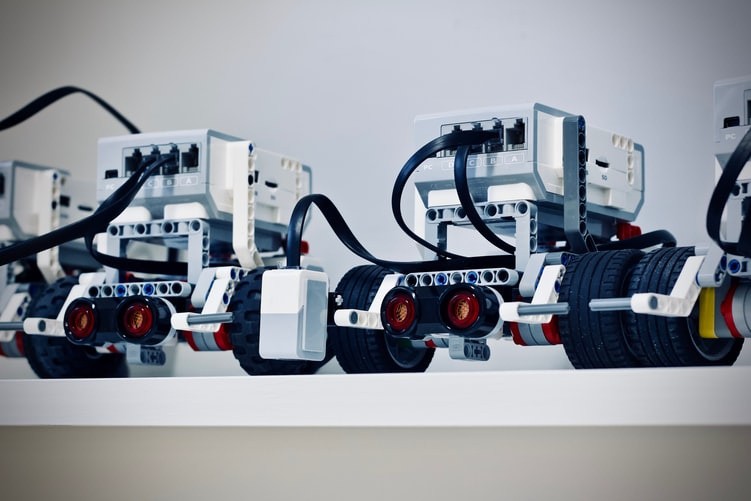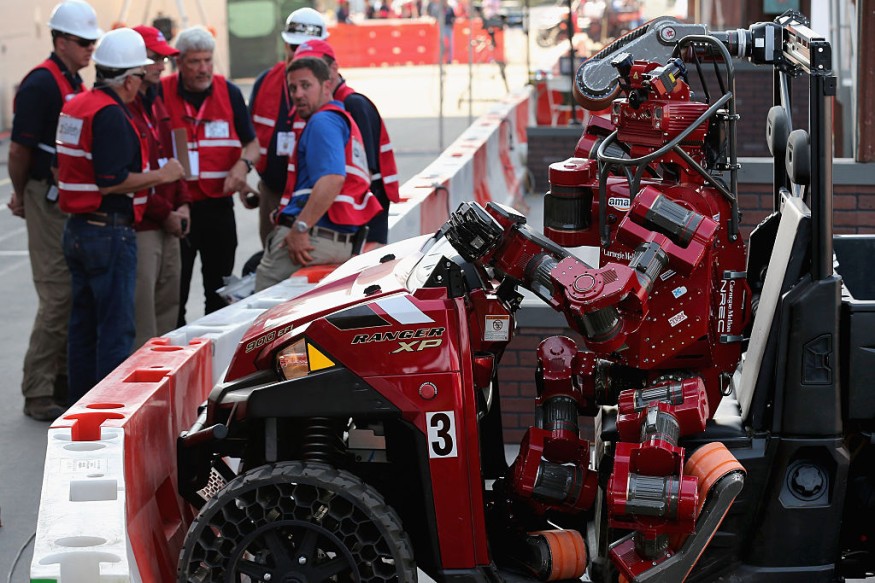The UK is to launch a "high-risk" science agency to look for ground-breaking discoveries.
The organization, Aria, will work along the lines of US counterparts that have played a part in the growth of the internet and GPS. They said that Aria, which has $1.1 billion support for four years, would have a "higher tolerance for failure than is normal."
UK's Aria program

The new organization - the Advanced Research & Invention Agency (Aria) - will the government said, finance high-risk, high-reward experimental research. But the amount of funding it will get is a fraction of the money pumped into existing government research bodies such as UK Research and Innovation (UKRI).
The government has committed approximately $14.46 billion to its research projects and bodies for 2020-21 alone. Nevertheless, the government said that Aria would "help cement the UK's position as a global science superpower."
Business Secretary Kwasi Kwarteng said that by "drive forward the technologies of tomorrow," the new organization would "stripping back unnecessary red tape."
Kwarteng aims for the agency to be free of some of the laws that generally control investments made with taxpayers' money so that it can fund projects in the confidence that they could collapse, government sources said.
According to him, the UK is steeped in technological discovery, from the steam turbine to the new artificial intelligence developments. Proactive, optimistic, and creative solutions are needed for today's range of problems - whether infectious outbreaks or climate change.
"This new organization, led separately by our most excellent scientists, will concentrate on discovering and financing at the pace the most cutting-edge innovation and technology," said Kwarteng.
It is also predicted that the department would be removed from the Freedom of Information Act. This decision creates fears that it may become a covert link between the government and the weapons industry.
Related Article : World's First Plant-Based Face Mask Invented in the UK!
High-Risk High-Reward Projects
Former senior advisor, Dominic Cummings of Boris Johnson, was a leading advocate of "blue-sky" thought among small groups of scientists, suggesting that "high-risk high-payoff initiatives" should be granted funding in 2019.
DARPA

Aria would be based on the prominent US Advanced Development Projects Agency (Arpa), which sponsored internet and GPS research, and its successor, Darpa, which financed today's coronavirus vaccine precursors.
Darpa, which has operated for over 60 years, operates directly with private-sector businesses in the US and has been active in the early development of numerous inventions that were initially designed for military applications but have been used even more extensively.
Landmark For Innovation
Amanda Solloway, Minister of Science and Innovation, said: "To rise to the challenges of the 21st Century, we need to equip our R&D community with a new scientific engine - one that embraces the idea that truly great successes come from taking great leaps into the unknown."
In the coming weeks, a search for a chief executive and chair will commence for the agency.
"The department is government-independent. "It will have its own chair and chief executive, which is for the agency to decide," said a source from the business department. The hope is that by 2022, the new body will be up and running.
ALSO READ: Germans Did Impossible Thing: Paralyzed Mice Freely Walks Again!
For the recent news about the scientific community, don't forget to follow Nature World News!
© 2025 NatureWorldNews.com All rights reserved. Do not reproduce without permission.





